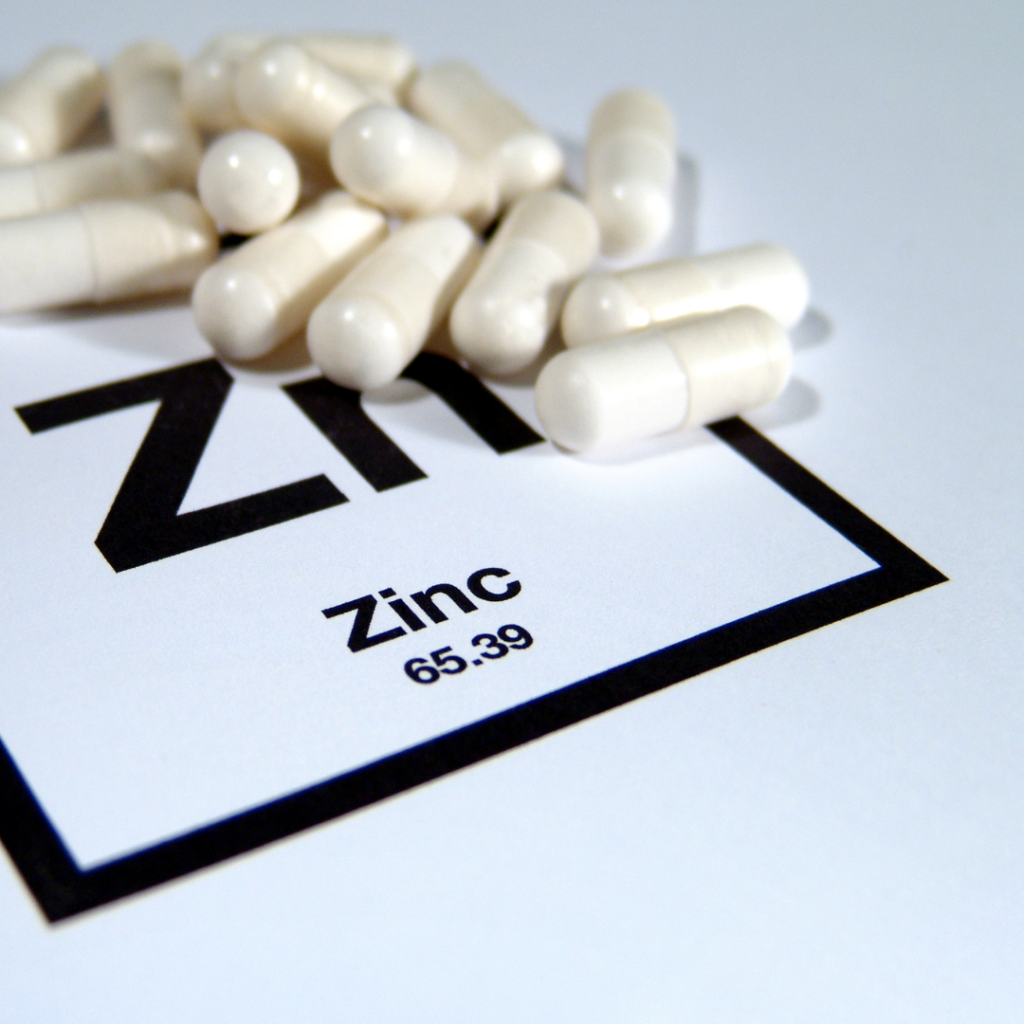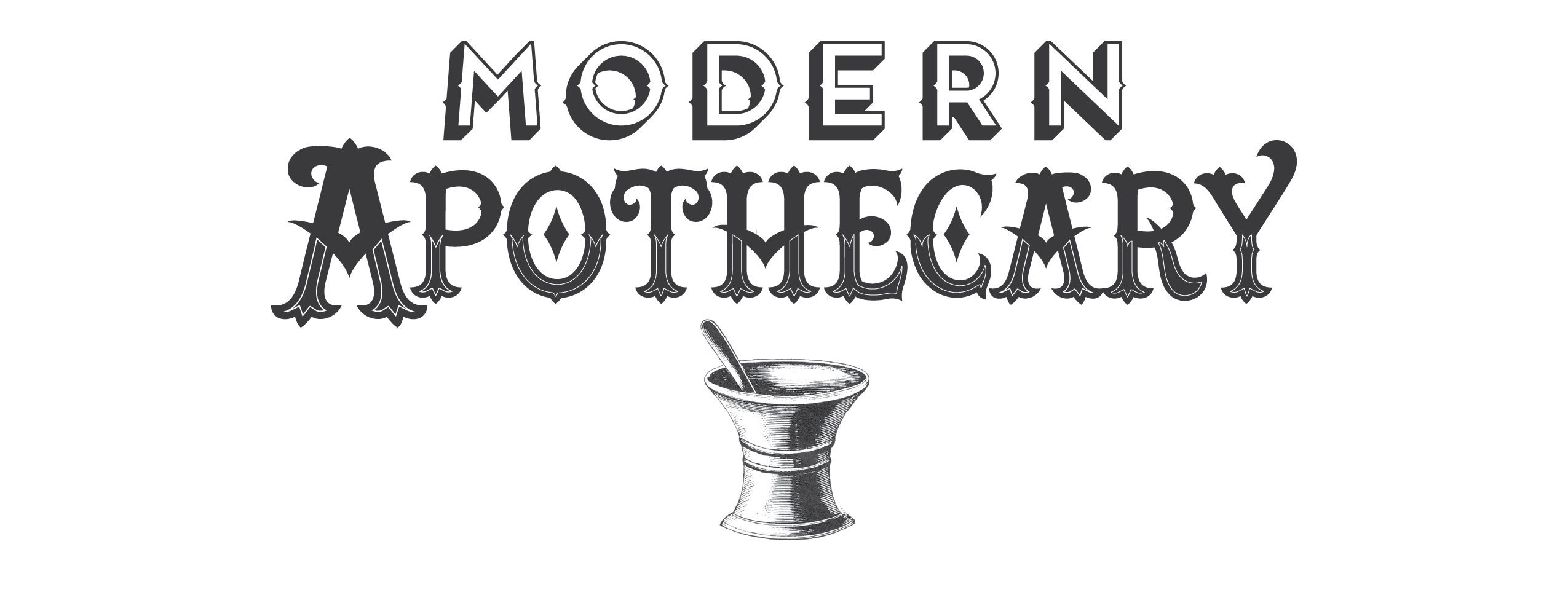
Attention-Deficit/Hyperactivity Disorder (ADHD) is a neurodevelopmental disorder characterized by symptoms such as inattention, hyperactivity, and impulsivity. While the exact cause of ADHD remains unclear, research suggests that a combination of genetic, environmental, and neurobiological factors contribute to its development. Among these factors, nutritional elements, including zinc, have been identified as potentially influential in managing ADHD symptoms. In this blog post, we’ll delve into the importance of zinc in ADHD, supported by scientific findings and practical insights.
Understanding Zinc and Its Biological Functions
Zinc is a trace mineral essential for numerous biological functions in the human body. It plays a vital role in immune function, wound healing, DNA synthesis, and cell division. Moreover, zinc is crucial for normal brain function and development. It influences neurotransmission and is involved in the pathways of several neurotransmitters associated with mood and behavior, such as dopamine and serotonin.
Zinc Deficiency and ADHD
Studies have indicated a potential link between zinc deficiency and the symptoms of ADHD. Children with ADHD often have lower zinc levels compared to their non-ADHD peers. This deficiency may affect neurotransmitter systems and brain function, exacerbating symptoms of inattention, impulsivity, and hyperactivity.
A study published in the “Archives of Disease in Childhood” found that zinc levels in children diagnosed with ADHD were significantly lower than in those without the disorder. These findings suggest that zinc supplementation could potentially be beneficial in improving ADHD symptoms.
The Impact of Zinc Supplementation on ADHD
The question of whether zinc supplementation can improve ADHD symptoms has been the subject of various research studies. Some of these studies suggest that when used in conjunction with traditional ADHD medications, zinc supplementation can enhance the medication’s effectiveness and possibly reduce the required dosage.
For instance, a randomized controlled trial demonstrated that adding zinc to the treatment regimen of children with ADHD improved their cognitive function and reduced symptoms of hyperactivity and impulsivity. However, it is important to note that while some studies report positive outcomes, others find no significant effects. Therefore, the effectiveness of zinc supplementation may vary from person to person.
Practical Considerations for Zinc Supplementation
Before considering zinc supplementation, it is essential to consult with a healthcare provider, as excessive zinc intake can lead to toxicity and interfere with the absorption of other important minerals like copper. If zinc supplementation is advised, it should be tailored to the individual’s specific needs, considering their dietary intake and any existing medical conditions.
One of most common recommendations is Reacted Zinc by Ortho Molecular Products. The zinc found in Reacted Zinc is Zinc Bisglycinate Chelate which is well absorbed and causes less stomach irritation than some other forms of zinc.
Dietary Sources of Zinc
Incorporating zinc-rich foods into the diet is a practical approach to ensuring adequate zinc intake. Some excellent dietary sources of zinc include:
- Meat (beef, lamb, pork)
- Shellfish (oysters, crab, lobster)
- Legumes (chickpeas, lentils, beans)
- Seeds and nuts (pumpkin seeds, cashews, almonds)
- Dairy products (milk, cheese)
Conclusion
While zinc is not a cure for ADHD, evidence suggests that it plays a significant role in modulating the disorder’s symptoms and severity. Adequate zinc intake, whether through diet or supplements, might offer a complementary approach to traditional ADHD treatments. However, it is crucial to approach zinc supplementation with caution and under medical supervision to ensure safety and effectiveness.
As research continues to uncover the nuances of ADHD and the impact of nutrients like zinc, it becomes increasingly important for patients and healthcare providers to consider all aspects of health management, including nutrition. By doing so, we can better understand and potentially mitigate some of the challenges associated with ADHD.
